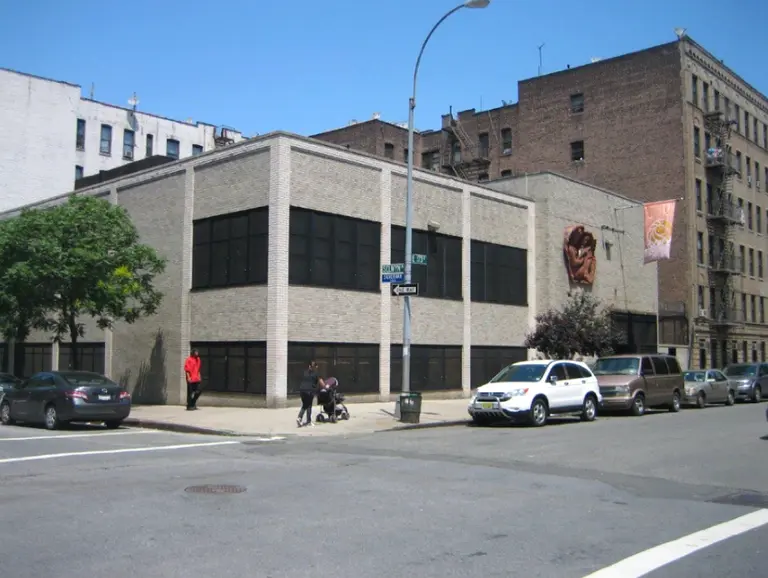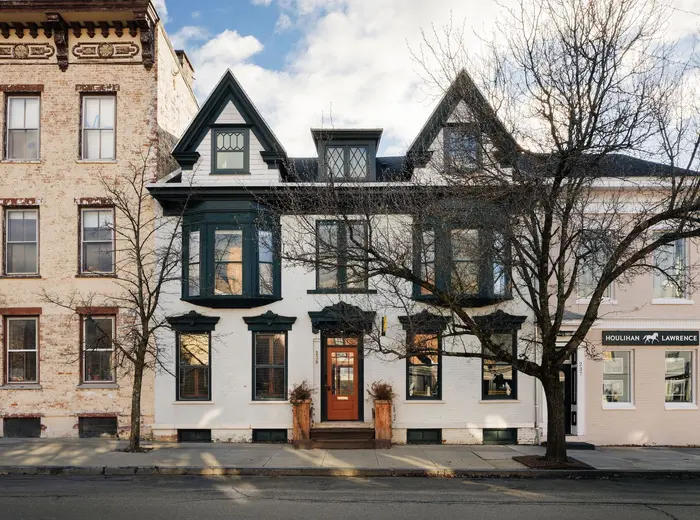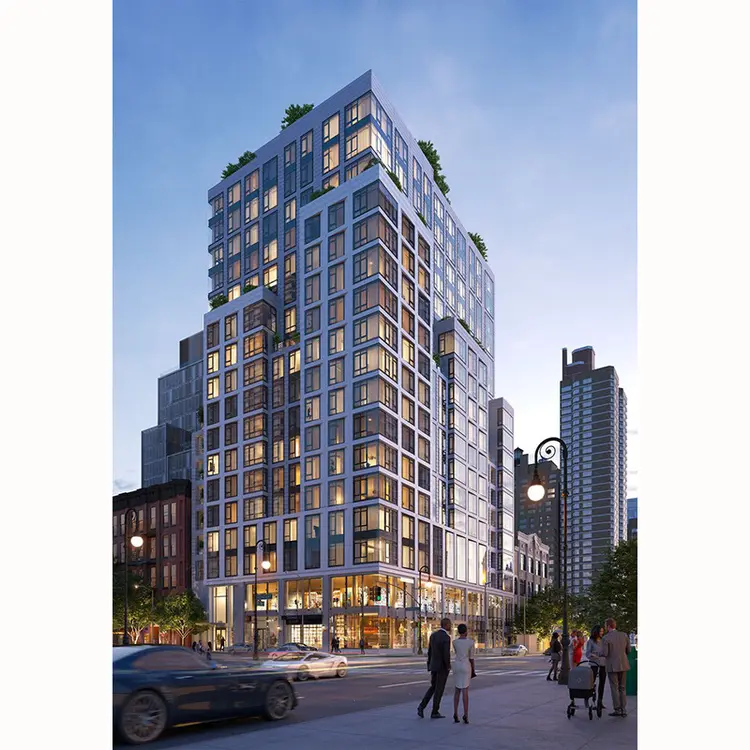Like father like son: The Trump legacy of housing discrimination

Black potential tenants who just wanted a decent place to live were routinely turned away at the Trump family’s Queens housing complexes and others. Housing activists and equal housing organizations took note, and in 1973 Trump Management was sued by the Justice Department for discrimination. Some of those tenants who stood firm remember the indignities all too well.
The New York Times took a look at the early days of the Trump empire, when Donald‘s father, Fred C. Trump, built and managed middle-income residential complexes like the Wilshire Apartments in Jamaica Estates, Queens. A former employee of the elder Trump tells the Times that when receiving applications from potential tenants who happened to be black he was told, “Take the application and put it in a drawer and leave it there.”
The year was 1963, and though the Civil Rights Act of 1964 would soon make it illegal in the workplace, this kind of discrimination was, unfortunately, not uncommon; next up for Fred Trump was the “jewel in the crown of his middle-class housing empire,” Trump Village, which consisted of seven 23-story towers on nearly 40 acres in Coney Island. The younger trump, 17 at the time, was being groomed for real estate development success at his father’s knee, and as such was a frequent witness to the bias and discrimination that was part of the deal.
Fred Trump had gotten his start as one of the city’s biggest developers after World War II after constructing housing for Navy personnel in Norfolk, Virginia. Returning to New York, he built middle-income housing and shopping centers, coming under scrutiny on several occasions for improper use of federal government loans.
Housing activists and equal housing organizations also began to take note of the company’s practice of turning away potential black tenants. Government investigators discovered that, of the 3,700 apartments in Trump Village, African-American families occupied only seven. The handful of minorities who did live at the Trump-owned property recalled repeatedly the ways they’d had to “force their way in.” Trump Management was sued by the Justice Department in 1973 for discrimination.
Both Fred Trump and his son Donald–by then the president of Trump Management–were named as defendants. Donald’s reaction to the suit was a familiar one: He is quoted as dismissing the government’s allegations as “absolutely ridiculous.” More angry denials ensued, as did a defamation countersuit and accusations that the government was trying to “force him to rent to ‘welfare recipients.'”
Donald Trump held his father in the highest regard, and though the younger Trump may not have personally set these racially biased policies, an investigation by the Times shows that he was often present when they were implemented. Even after the Fair Housing Act of 1968 was passed, many recall white “testers” getting a warm reception at apartment complexes after blacks had been turned down for homes. Applicants at Trump properties in Cincinnati and Virginia recall getting the same treatment from the family’s rental agents.
The countersuit was dismissed by the judge in the case, and, as the evidence piled up, the Trumps gave up and agreed to sign a consent agreement to prohibit discrimination in their buildings. The government accused the Trumps of violating the decree a few years later, but the case was officially closed in 1982. Times had changed, demographic shifts had made it an economic necessity to open the rent rolls to a diverse population and the younger Trump had moved on from the humble utilitarian housing environs where the family fortune was forged, though he continues to speak highly of what he learned at his father’s side.
[Via NYTimes]
RELATED:



























